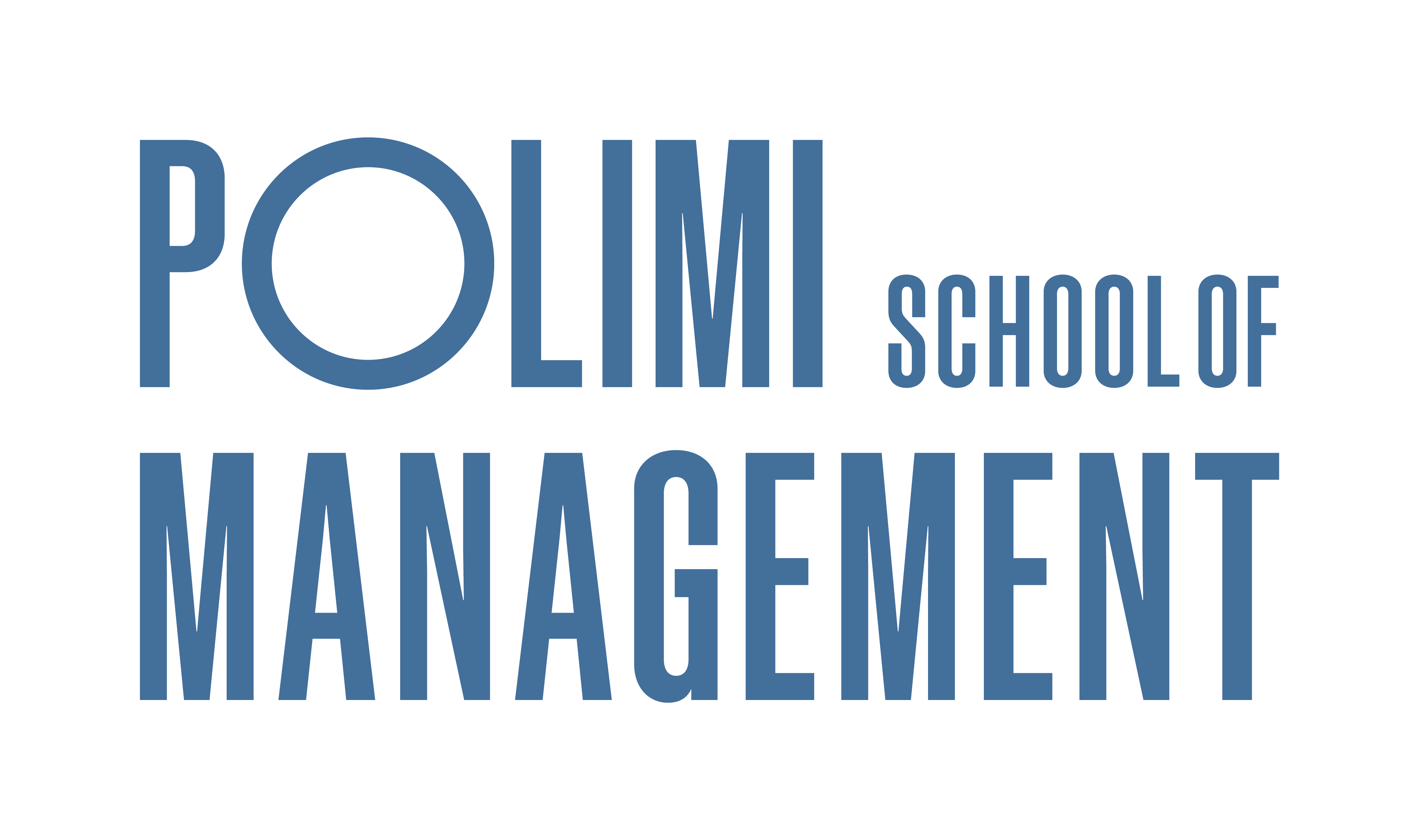
Papers
ESG and impact litigation: identifying and governing the causes through strategic accountability patterns
Andreoli, C., Cremasco, C., Falivena, C. and Brunelli, S. (2024)
“ESG and impact litigation: identifying and governing the causes through strategic accountability patterns”, Management Decision, Vol. ahead-of-print No. ahead-of-print.





